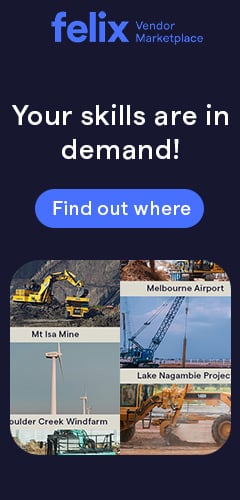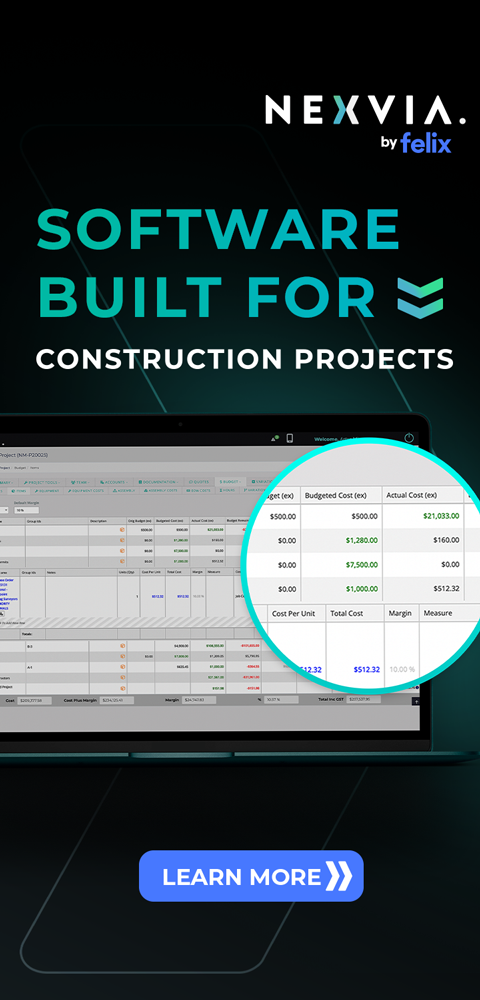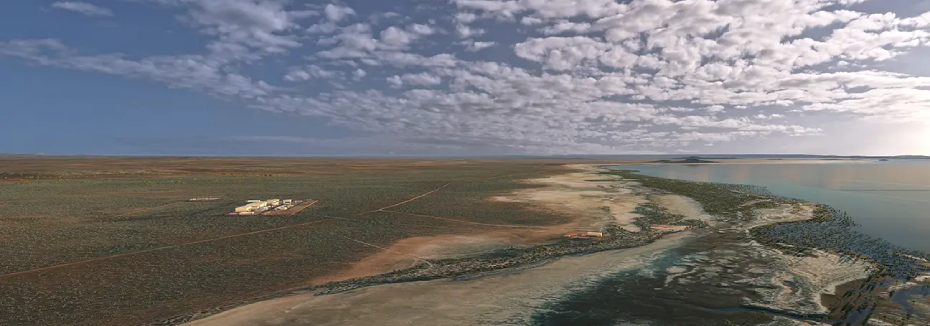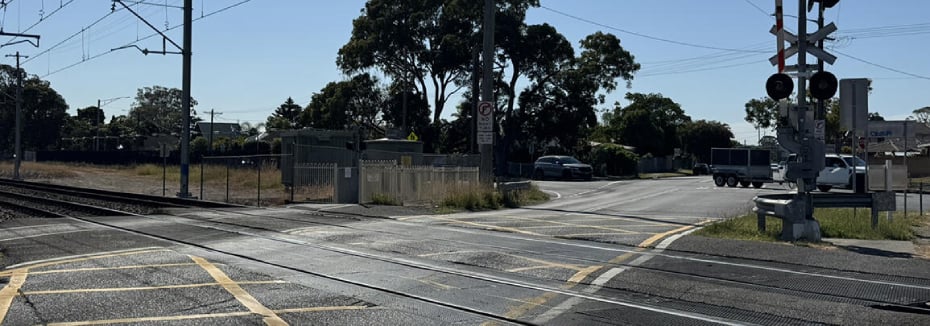Finding work can be a lengthy process and actually winning the project can be arduous. An important factor to distinguish which projects to pursue is to evaluate the company you'd be working for. The contracting company you supply to can largely effect the experience you have throughout the duration of the project. A major contributing factor to distinguish which projects to pursue is to evaluate the company you'd be working for. The company you work under can largely effect the quality of work produced and the experience you have throughout the duration of the project. By utilising the tools available to you it is possible to easily research your next construction employer in order to ensure this is the job for you and that you respect and can work under those in management.
Website 
This should be your first stop. This might be a quick exercise for smaller construction businesses who don't have much more than a single web page with a picture of something they've done, a few words about how long they've been in business and some more words telling how happy their customers are.
For those companies with more developed websites, take a look at recent projects. Study what they specialise in. Read their mission and capability statements, and get a feel for who they are. Look at their blog or media releases, and find out more about what's important to them and how they view what they do everyday.
If you can read between the lines about how they present themselves, align your quotes or proposals to further their business goals and prove why you're a great fit for the project. In a nutshell:
- Begin to get an understanding of the business
- See projects they've completed in the past
- Read testimonials
- Gain an understanding of the culture
Social media 
Social media has become a new benchmark for recruiting, and is a frequently used tool across various industries, So from government business to private firms, contractors are going to look at your Facebook page or LinkedIn profile. As they check you out, do the same. See how the company interacts with content or their customers, and scan their timelines for your research.
- Understand their team culture
- See the quality of projects they have delivered in the past
- Gain more of an insight into their reputation from comments and followers
- Find out what subcontractors they have worked with in the past
News
Check your favourite news sources for information about the company, and see if the business has ever featured in an article whether it was positive or negative. Be sure to go at least two pages deep in your online search results to make sure you're finding information from all sources, whether large regional, national, local news and publications. This is where you might find information about past projects, their industry reputation and more.
Talk to people in the industry 
Asking people within the industry is one of the best tools you have for gaining inside information. You may have contacts who can add to your information about the company, and subcontractors you've worked with already might have worked with them too. Your questions may depend on what you're looking for in an employer. Is this company always in panic mode? Is it important to them to treat all employees fairly?
It is important to research your future employer to ensure it is an opportunity which will benefit you and the success of your career. On the other hand, it is just as important to portray your company as best as possible to increase your chances of winning work. This can be achieved through conveying your professionalism and ensure you're following up with all your potential contracts. We have compiled an eBook containing 9 email templates to help your convert a lead. Use these to ensure you never miss a follow up and send the best email possible.

Recent Articles
NSW Govt approves Inland Rail Narrabri to North Star Phase 2 project
Delivery of the second phase of Inland Rail in New South Wales will soon get underway as the State Government gives the green light to the Narrabri to North Star Phase 2 project.
New significant milestones reached on proposed Northern Water Project
Two significant milestones have been achieved on the proposed Northern Water desalination plant in South Australia.
Plans unveiled for major upgrade to NSW Rawson Rd level crossing
The New South Wales Government has unveiled plans for a major upgrade at Rawson Road and Railway Street in Woy Woy to make one of the Central Coast’s level crossings safer.
Get the latest project news
- updates on Australia's pipeline of state and federal projects
- fresh contract awards from major contractors and builders
If you're looking to contact us about other matters, please contact us.





